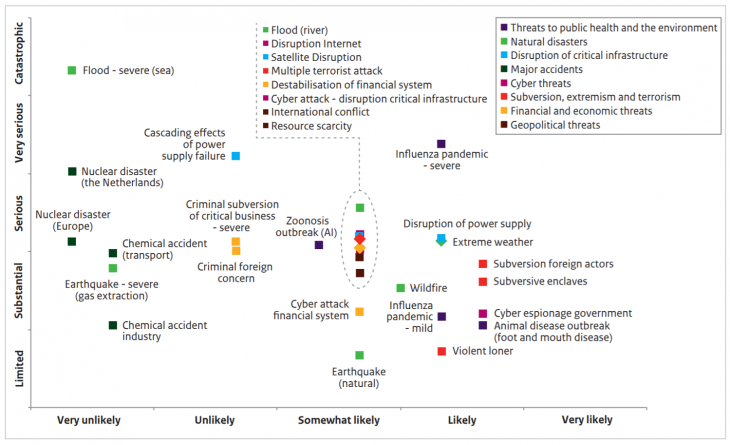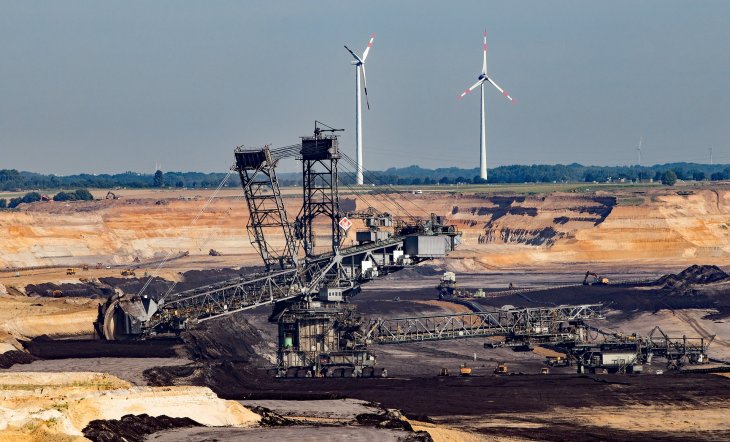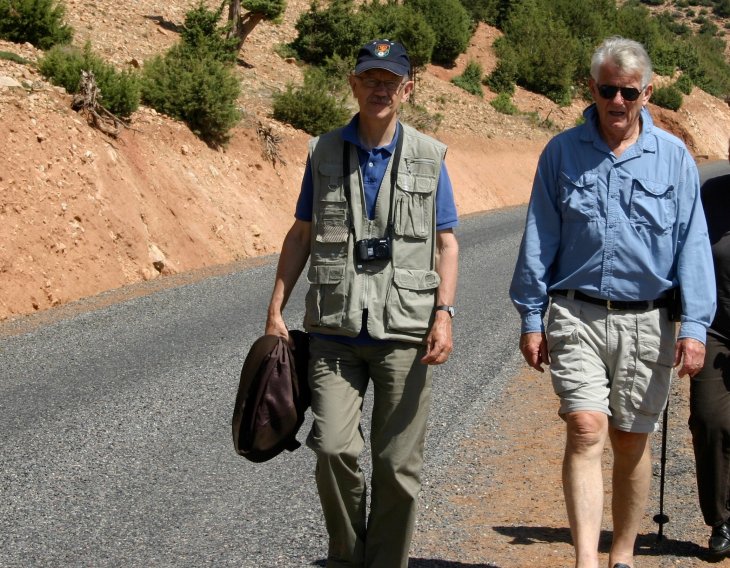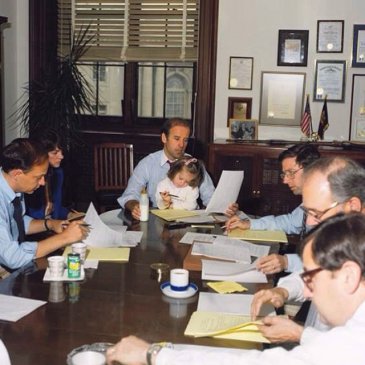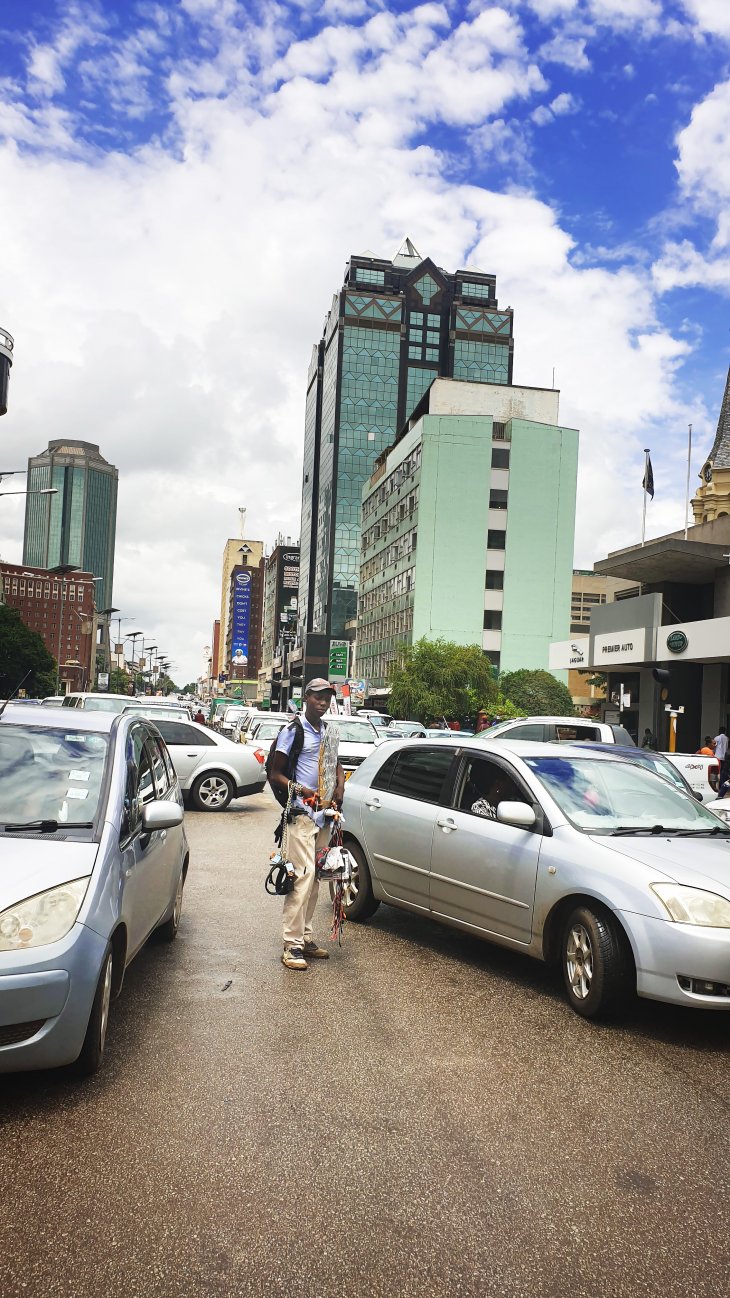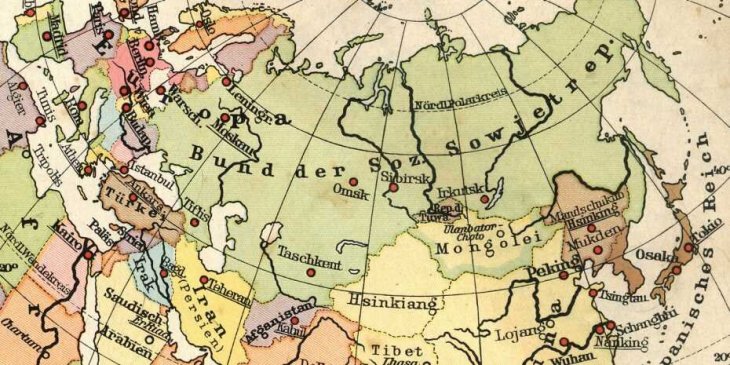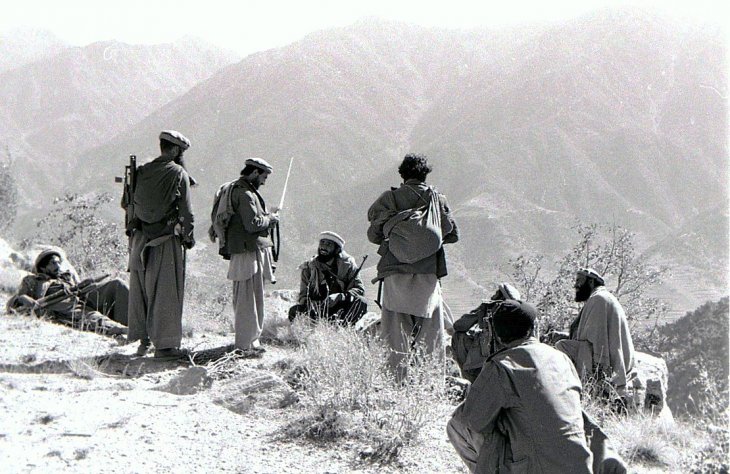A study of flawed democracies and semi-dictatorships describes a common pattern of events as follows: After having lost an election, the sitting president claims that the election was invalid, whereupon he attempts a coup d’état and his supporters storm the parliament.
A few years ago, this sequence of events would have been unthinkable in any OECD country. Last week, however, it offered a good description of events in the OECD’s most powerful member. Trump attempted to steal the election and his supporters stormed Congress. It may be time to view the United States as on a path to a mixed regime, or what political scientists call an anocracy.
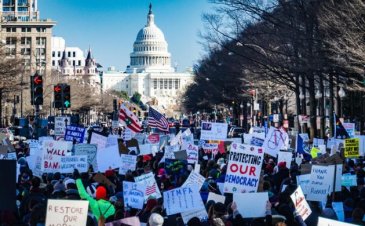
The global superpower that is the United States is now a “burning city upon a hill”, writes Tore Wig. Photo: Ted Eytan / Flickr
But first of all, have we been witnessing an attempted coup in the United States?
Among researchers, the definition of a coup d’état is controversial. The political scientists Jonathan Powell and Clayton Thyne have created the most widely used global data set for coups. In an article published in 2011, they arrived at what they believe to be the essence of the term “attempted coup”: “illegal and overt attempts by the military or other elites within the state apparatus to unseat the sitting executive”. In recent days, Trump has attempted pressure election officials to “find” votes and on senators and Mike Pence to declare the election invalid. The only thing that is inconsistent with Powell and Thyne’s definition is that Trump is the sitting president, and his coup attempt or attempted “self-coup” was against the president elect.Read More
